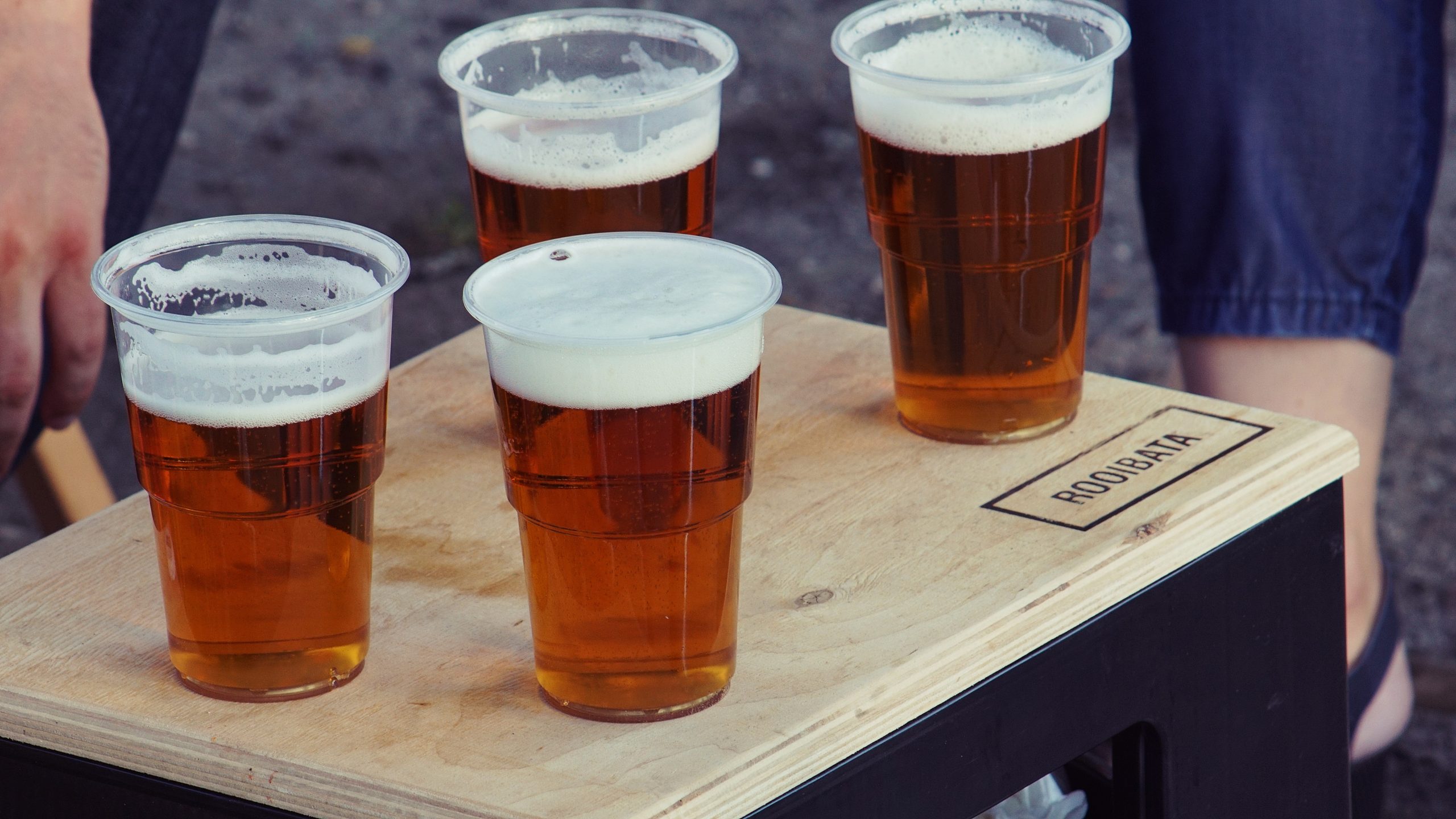I remember first year, in the depths of lockdown, there was a time when a couple of friends celebrated their eleventh straight day of drinking alcohol. After a few sessions it became a challenge to see how many days in a row they could handle, or it might have simply become hair of the dog. Fast-forward to second year, and this attitude towards drinking had abated somewhat among many peers, but was still heavily woven into university life as a whole. I knew drinking was part of the culture in England when I arrived here as an international student, but I was not prepared for the way heavy alcohol consumption is normalised and celebrated in most activities. From the regular socials hosted by societies to bar crawls and nights out, sports events and celebrations, and barbeques in the summer, it seemed like the cans were being cracked at every occasion.
However, as prevalent as it may appear, not everyone drinks and not every activity at university is fuelled by Smirnoff. There are people who accompany their friends on nights out and do not drink. Others have groups of like-minded friends who engage in sober festivities. Additionally, the abundance of delicious restaurants and parks in the city and the nearby Peak District are regularly taken advantage of by drinkers and non-drinkers alike. Sheffield offers something for everyone, and the drinking culture is only one part of the university.
Student Experiences with Drinking Culture
Individual students have varying attitudes towards drinking focused environments. Additionally, the experiences students enter university with differ wildly as they leave school and gain a new kind of independence. As an anonymous second-year philosophy student notes, “It’s definitely different from school because students have more freedom so are a lot more reckless [or] irresponsible with their drinking, or how often they go out.” Even though there are other options in Sheffield, this student touches on the commonness of drinking and how some may feel like they are missing out if they do not partake. Many social activities sponsored by clubs and societies, like Foundry club nights and bar crawls, take place later at night and most people who attend drink.
This student also says they have experienced pressure to drink. There can be issues with peer pressure at university, and this pressure is not always obvious. It can take the form of celebrating those who drink to unsafe levels, blackout, or throw up. For example, saying “That’s a sign of a good night!” in response to someone saying they blacked out can be quite common. Even the existence of the culture itself can be a pressure, as students find ways to fit in amongst their peers.
Others say they do not feel pressure. Nazeer Oyeleye, a second-year civil engineering student who doesn’t drink for religious reasons, says he has never experienced pressure even though he regularly goes out with people who drink. “I’ve had many people ask me to try some alcohol,” Nazeer adds, “before I have to explain that I’m a Muslim and it’s not for me.” Nazeer has a positive attitude towards the lifestyle, explaining that he thinks “the drinking culture is loads of fun at uni,” and is able to enjoy nights out and the pub even when he opts for soft drinks instead.
How to Deal with Peer Pressure
Going out and drinking offers an entertaining environment for many students. However, for people who do feel pressure and do not want to drink, there are plenty of ways to decline. Nobody owes others justification for not drinking. Simply saying “no thank you” suffices. One can take a page from Nazeer’s book and have a soft drink, or also suggest a sober activity instead. It helps some to find other people who have a similar attitude towards alcohol. With over 350 societies at the University, there are groups that focus on other interests. Finally, in a culture that often celebrates heavy drinking, an often overlooked option is that one can opt for a single drink instead of several.
Whatever the case may be in one’s social circles, real mates are those who respect their friends’ personal decisions to not drink. Like Nazeer has found, lots of students will be respectful, understanding and accommodating no matter if they drink or not. Another consideration is that throughout the years, people’s attitudes can shift drastically. It is okay to change your mind about drinking. Remember the friend who drank for eleven days in a row? Now, they hardly partake at all.
My anonymous interviewee offers the following advice to freshers: only drink if you want to. While friends can be made through drinking, they wisely note that “friends that you only go out with and drink with aren’t really proper friendships. It’s better to invest in more sober activities in order to make more meaningful friendships that’ll last for life.”
Image: Julia Nastogadka via Unsplash





